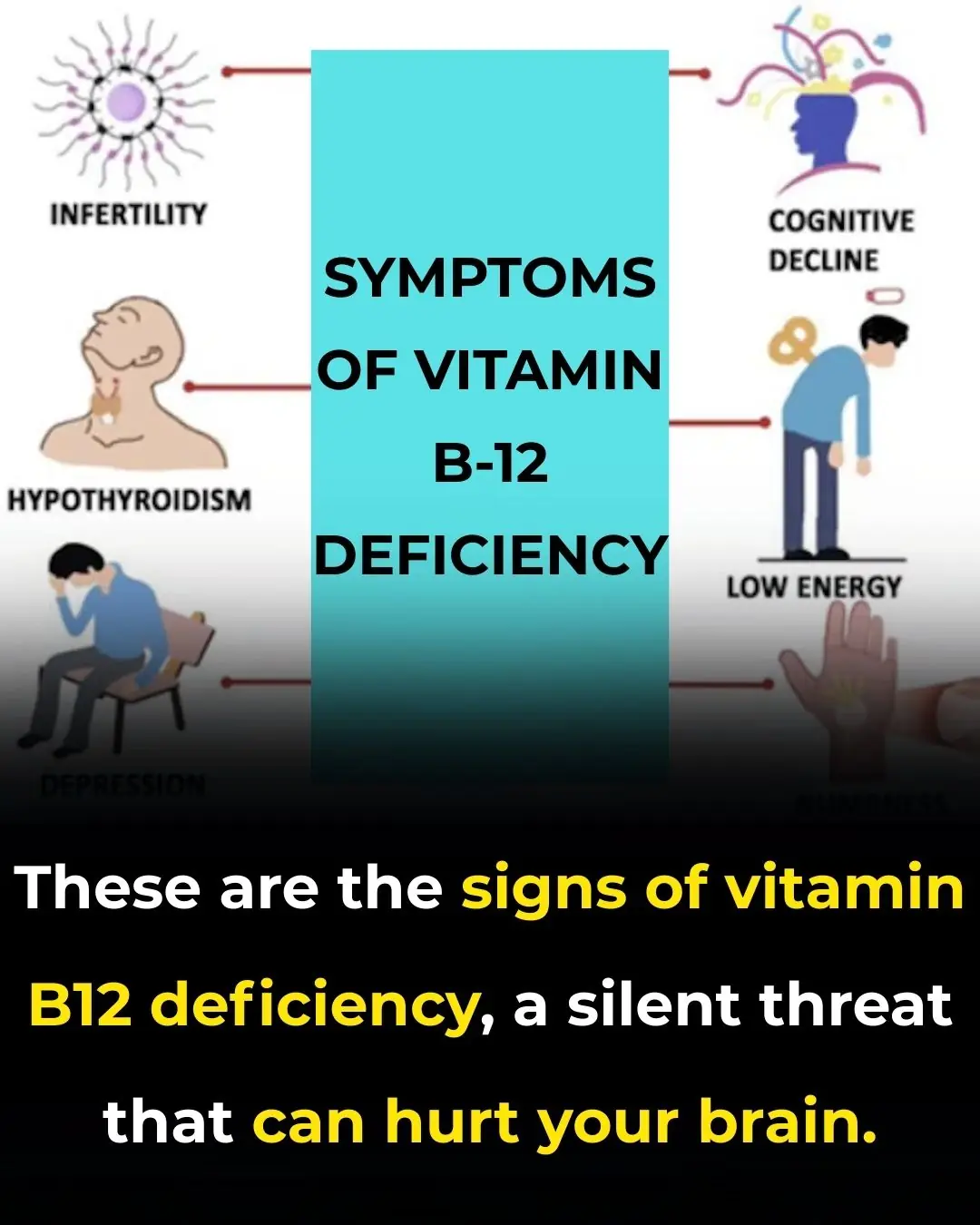
How many eggs should you eat a week?

Eggs have long held their place as a staple in the human diet, prized not only for their culinary versatility but also for their dense nutritional value. Whether scrambled, boiled, poached, or incorporated into baked goods, eggs offer an array of health benefits. However, as with most foods, moderation is key. Understanding how many eggs per day—or per week—is appropriate can help you enjoy their advantages while minimizing potential health concerns.
The Nutritional Power of Eggs
Eggs are a nutritional powerhouse. Each egg is packed with high-quality protein, essential for muscle repair and growth, and healthy fats that support heart and brain function. They also contain important micronutrients like choline, which plays a vital role in brain development and liver function, as well as lutein and zeaxanthin, antioxidants that help protect eye health and may reduce the risk of age-related macular degeneration.
In addition, eggs are relatively low in calories—about 70 calories per medium egg—and contain minimal sugar and sodium. Unlike many processed foods, eggs are naturally nutrient-dense, offering a wide range of vitamins and minerals, including vitamin D, B12, selenium, and riboflavin.
Research suggests that people who regularly include eggs in their diet are more likely to consume a broader range of healthy foods. This pattern is often associated with higher intake of vegetables, whole grains, and fiber-rich options, contributing to an overall more balanced diet.
Potential Health Concerns of Overconsumption
Despite their many benefits, consuming too many eggs may raise certain health concerns. One of the most discussed issues is cholesterol. A single medium egg contains roughly 187 mg of cholesterol, and eating several eggs daily—especially when combined with other cholesterol-rich foods like red meat or full-fat dairy—can push you beyond the recommended daily intake of 300 mg for cholesterol.
Studies have shown that while dietary cholesterol doesn’t affect everyone’s blood cholesterol levels in the same way, people with diabetes, heart disease, or a family history of cardiovascular problems may be more sensitive to its effects. A 2019 study found that individuals consuming more than 300 mg of cholesterol per day had a significantly increased risk of heart disease and stroke.
Additionally, how eggs are prepared and what they’re eaten with matters. Eggs paired with highly processed foods, such as bacon, sausage, or buttery pastries, can contribute to weight gain and poor heart health. On the other hand, eggs consumed as part of a balanced, nutrient-dense meal—such as with vegetables and whole grains—are less likely to pose risks.
The Role of Eggs in Weight Management
Eggs can support weight management and satiety, especially when boiled, poached, or cooked with little to no added fat. Their protein content helps keep you feeling full longer, potentially reducing overall calorie intake throughout the day. That’s one reason eggs are often included in high-protein diets aimed at weight loss or muscle gain.
However, the benefits can be offset when eggs are fried in butter or oil or served with high-calorie sides. For instance, a breakfast of eggs, fried bacon, and buttered toast may provide far more calories and unhealthy fats than intended, which can sabotage weight goals over time.
How Many Eggs Are Safe to Eat?
According to most health professionals, an average adult can safely consume up to 7 eggs per week. This amount is generally considered safe and beneficial for healthy individuals. Some people may even benefit from slightly higher intake if they follow a well-balanced diet and have no underlying health risks.
However, individual dietary needs vary. People with diabetes, high cholesterol, or existing heart conditions should consult a doctor or registered dietitian for personalized advice. Similarly, children, pregnant individuals, and older adults may have different nutritional requirements and should follow age-specific or condition-specific guidelines.
Final Thoughts
Eggs are a valuable part of a healthy diet when consumed in moderation and prepared wisely. Their rich blend of nutrients makes them ideal for supporting overall health, particularly when they replace less healthy protein sources. Still, it’s important to be mindful of quantity, cooking methods, and accompanying foods to fully enjoy their benefits without increasing health risks.
If you're unsure how eggs fit into your personal diet, it's best to speak with a healthcare provider or nutrition expert. With the right balance, eggs can continue to be a delicious, nutritious part of your daily meals.
News in the same category


How Drinking Bottled Water Could Seriously Impact Your Health

The Unexpected Health Benefits You Get from Massaging Your Feet Often Will Shock You

Symptoms of Vitamin B12 Deficiency

If Your Heart Hurts Suddenly, It Could Be a Warning Sign of These Diseases

Study Confirms: Your Morning Coffee Boosts Happiness

The Science Behind Resilience: How the Brain Rewires After A Setback

Swollen Legs, Ankles and Feet: Causes and Proven Remedies (Including Parsley Tea Recipe)

We Tested Dozens of Workout Leggings — These 11 Were the Best

pH Balance and Your Health: What the Science Says About Acidosis and Alkalizing Your Body

5 Best Foods for Alopecia

The Anti-Cancer Diet: Cancer Fighting Foods to Help Prevent Cancer (Evidence Based)

How to Get Rid of Bad Breath (Halitosis): Scientifically Proven Home Remedies

Which Antiplatelet Works Better in Impaired Renal Function?

Debate Over? Radiotherapy vs Surgery in High-Risk Prostate Cancer

Powerful Piriformis Stretch to Soothe Sciatic, Hip, and Lower Back Pain

Schamroth Window Test May Reveal if You Have Finger Clubbing

6 Benefits of Eating Garlic Before Bedtime
News Post

'Hostile' comet aimed at Earth could obliterate the world's economy 'overnight' if it hits

Iconic movie sequel delayed until 2027 after online sleuths 'guessed the plot'

Wooden Cutting Board Got Black Mold? Skip the Soap—Do This 5-Minute Reset

Don’t Use Plain Water for Flower Arrangements

When Boiling Sweet Potatoes, Don’t Use Plain Water—Add a Spoonful of This for Softer, Sweeter Results

Don’t Thaw Fish by Putting It in Water

Don’t Clean Your Bathroom Mirror with Plain Water

The Correct Way to Add Detergent and Fabric Softener to Your Washing Machine

Don’t Throw Away Rice Washing Water: 6 Smart Uses That Can Save Serious Money

Don’t Sleep With Your Pets

How to Store Fish and Meat in the Refrigerator: Shop Less, Keep Food Fresh All Month

The Secret Meaning of the Letter “M” on Your Palm

The Remarkable Journey of Tru Beare, Who Was Born Weighing Only One Pound

If You Do These 8 Things You Are Slowly Destroying Your Brain

How Drinking Bottled Water Could Seriously Impact Your Health

The Unexpected Health Benefits You Get from Massaging Your Feet Often Will Shock You

Researchers Create Injectable Hydrogel to Boost Bone Strength

If You Have Moles on This Part of Your Body
